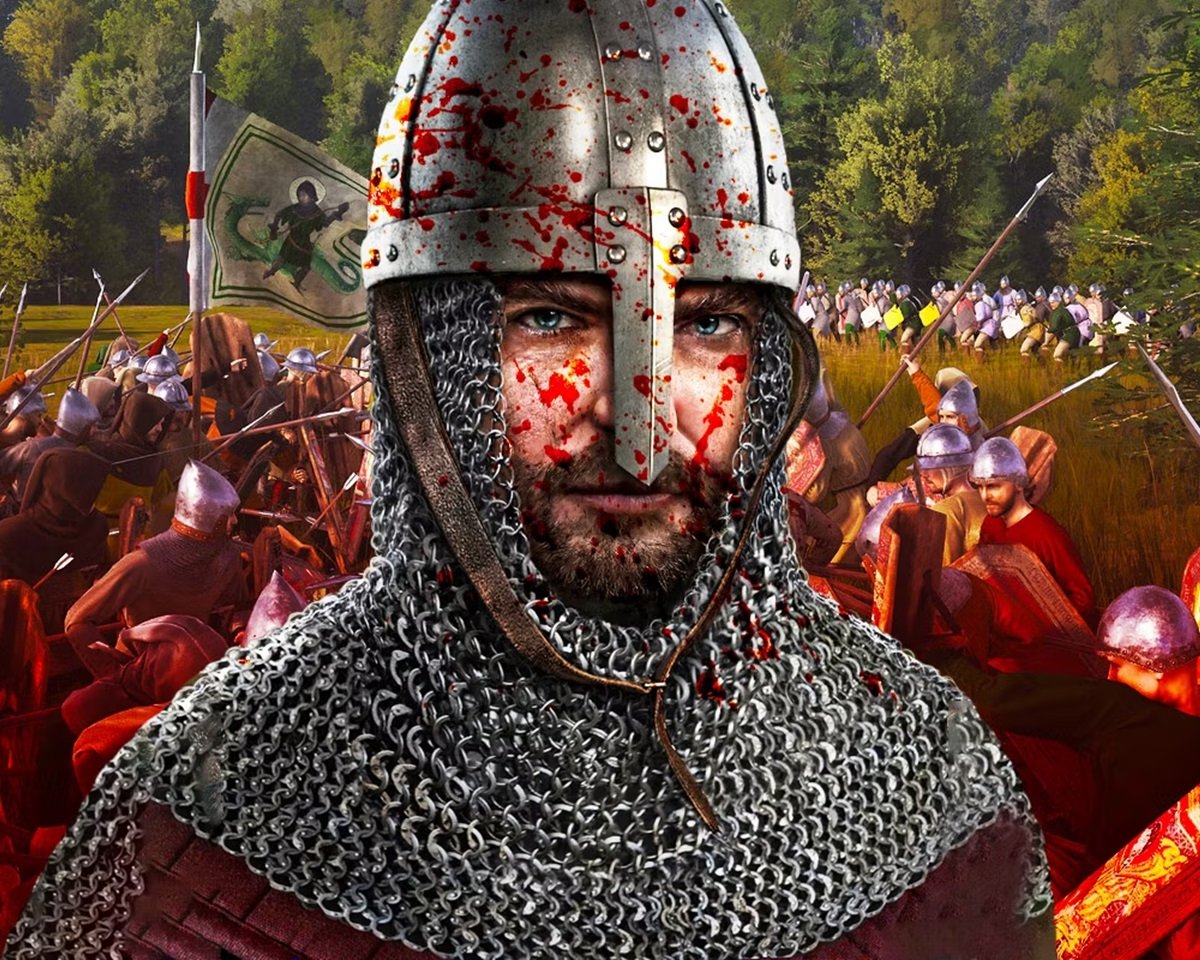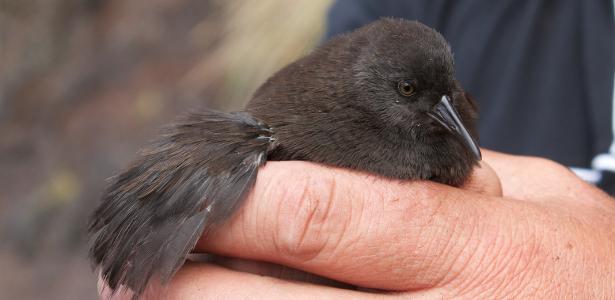Globo Repórter showcases the wonders and stories of Portugal’s Serra da Arrabida
Globo Reporter went this Friday (24) to Portugal for a visit Arrabida Natural ParkSouth of Lisbon to discover its wonders and explore all its corners. In the video above, discover the beauty of the park and the stories that unite the sea with the Portuguese in this place where they live so close to each other.
Arrabida Natural Park is located on the Portuguese coast, between the cities of Setubal and Sesimbra, and is characterized by its stunning scenery. Magnificent cliffs, which are coastal walls with a steep slope, form on the coast. (See pictures below)
Arrabida Park has an area of more than 100 square kilometers and is covered by a dense Mediterranean forest with more than 1,400 plant species. The term Arrábida comes from the Arabic word “Al-Rabita”, which means “that which connects, occupies”, and is a legacy of more than 800 years of Islamic rule in the Iberian Peninsula.
Life in Arrábida also has lessons: “I have learned to live in the rhythm of nature, which is important. “Nowadays, we are very stressed, always racing against the clock,” comments naturalist and caver Francisco Rastero.
Wildlife on the cliff tops 🦊🦅🦎
Discover the fauna that makes up the fauna of Arrabida National Park
At Serra do Risco, the highest limestone cliff on the European coast, at 381 metres, animal visits are frequent. From snakes to birds, from amphibians to insects, there are those who spend their lives trying to record every detail.
“There are long hours with binoculars, watching animals, studying places. We need to study animals a lot, and we work with scientists,” says Luis Quinta, a director of wildlife documentaries and author of the documentary “Da Serra ao Mar,” about the fauna of arábidas. .
It took Quinta three years to obtain the images for the documentary, and he says it required a lot of patience:
“It’s a lot of waiting. “There are other occasions when we deal with immediate unusual behavior,” comments Luis Quinta.
This is a case of a red fox “enjoying” the view. (See picture below)
Dinosaurs in Arrábida? 🦕
According to Francisco, About 120 million years ago, the Arrabida mountain range was a swamp where people lived. IguanodontisIts height exceeded five meters, and it ate fruits, vegetables, and other dinosaurs. Some Iguanodon footprints are still preserved in Arrabida.
But if it was a swamp, how come it is now 300 meters high on the cliff? Due to the collision of the tectonic plates of the African and European continents, the limestone that was at the bottom of the sea rose and formed the Arrábida mountain range, explains Francisco.
In a mountain range in Portugal there are footprints of Iguanodon dinosaurs up to 5 meters high
Magnificent caves reveal the past
In Arrabida, caves have a different formation process than usual. Seawater entered through cracks in the rocks, forming pockets of air, and when the sea left, these remaining pockets began to fill with minerals, according to Francisco.
Fossil charcoal found in these caves brought discoveries about Neanderthals, according to a discovery by the University of Lisbon. These groups occupied the caves 100,000 years ago and already fed on shellfish and fish.
Fossil charcoal reveals that Neanderthals lived in the Arrabida caves 100,000 years ago
In love with fish 🎣
Portugal has about 100,000 fishermen and is the third largest consumer of fish in the world, behind only Japan and Iceland. The Portuguese eat an average of 60 kilograms of fish per year.
There are those who love the sea so much that they found a way to take a small piece of it home. This is the case of Eduardo Pinto, Mister Shixa, as he is known.
“The sea is what I love. “One day I know I will die, but I want to die in the sea,” says Shiksa, 60, who inherited his love of fishing from his father and has been a fisherman since he was 11 years old.
The Portuguese eat 60 kilograms of fish per year; Favorite sardines are disappearing from the Iberian Sea
Climatic impact on Arrábida
As in many other places in the world, life in the Arrabida Natural Park is not protected due to climate change. Anyone who lives in the area much can already understand this.
“Very little rain falls. In the past, it rained at a rate of 700 mm annually, but today it rains at about 150 or 200 mm.” [milímetros]”, says Francisco Rastero.
Adjacent to Arrábida there is also a quarry that straddles the park border and has led to a property construction boom in Portugal, especially in Sesimbra, with a population of 52,000, which has doubled in size in recent decades.
It is now possible to see the effects of climate change in Arrabida, according to the expert
See the full program below:
Check out the latest reports from Globo Repórter:

“Music fanatic. Professional problem solver. Reader. Award-winning tv ninja.”




:strip_icc()/i.s3.glbimg.com/v1/AUTH_e84042ef78cb4708aeebdf1c68c6cbd6/internal_photos/bs/2023/h/V/owY8MTTniAkFrSPaEfJQ/samara-felippo.jpg)
:strip_icc()/s03.video.glbimg.com/x720/12554906.jpg)
:strip_icc()/s01.video.glbimg.com/x720/12139016.jpg)
More Stories
The most famous resident of the island is the flightless bird called Inaccessible
A watch owned by the richest Titanic passenger was sold at auction for 7.47 million Brazilian reais
Hamas leader says there are no “major problems” with the truce proposal